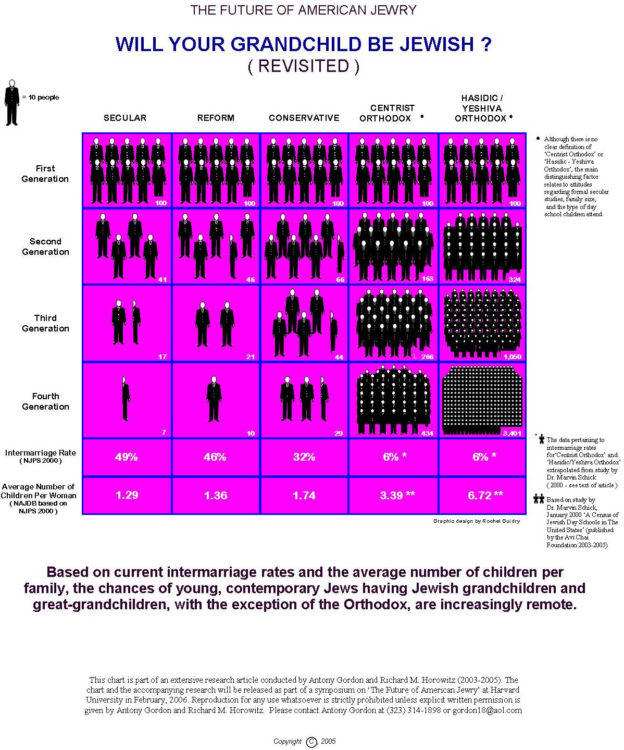If only people today knew what a telegram was, the old joke about the typical Jewish one reading “Start worrying. Details to follow” would be apropos, at least to the pessimists among us, in the wake of the midterm elections.
Self-proclaimed Nazi Arthur Jones, running as a Republican for a House of Representatives seat in a Chicago area district, lost handily. But he received more than 56,000 votes. Illinois Republican Governor Bruce Rauner had urged district residents to “vote for anybody but Jones” and Texas Senator Ted Cruz advised voters to vote for the Democratic candidate. Still, though, 56,000 Illinoisans liked the Nazi.
And then we have, unfortunately, two successful candidates for Congress: Rashida Tlaib of Detroit and Ilhan Omar of Minneapolis. Ms. Tlaib proved herself so antagonistic to Israel that the left-wing group J Street withdrew its initial endorsement of her bid. And Ms. Omar once tweeted the sentiment that “Israel has hypnotized the world,” and prayed that people “see the evil doings of Israel.”
And the new representative of New York’s 14th Congressional district, Alexandria Ocasio-Cortez, once decried the Israeli military’s killing of Palestinians who were storming the Gaza border fence as a “massacre.” (To her credit, though, the 28-year-old later admitted that she was not an “expert on geopolitics on this issue” and promised that she would “learn and evolve on this issue,” so let’s hope she in fact does.)
Should I mention the reelection of Democratic Representative Danny K. Davis, who once called anti-Semite Louis Farrakhan “an outstanding human being,” and who, before finally issuing a condemnation of the Nation of Islam hater-in-chief’s “views and remarks regarding the Jewish people and the Jewish religion,” had explained that Farrahkan’s views on “the Jewish question” didn’t bother him? Well, I guess I just did. So I may as well add that he won 88% of the vote in Illinois’ 7th Congressional District.
But deserving as those developments might seem to be of a worrisome Jewish telegram, the less excitable among us might take solace in the defeat of the aforementioned Mr. Jones, and the loss likewise suffered by Virginian Leslie Cockburn, whose book “Dangerous Liaison” was described by a New York Times reviewer as “largely dedicated to Israel-bashing for its own sake.”
And in the downfall of Philadelphia area Congressional aspirant Scott Wallace, whose family foundation had donated more than $300,000 to pro-BDS organizations. And of John Fitzgerald, who aimed to represent a California district, and who not only called the Holocaust “a fabricated lie” but claimed the 9/11 attacks were a Jewish plot. (Sobering, though: 43,000 citizens voted for the crazed candidate.)
Further cause for optimism is the fact that, among the flipped Republican seats in the House, fully seven will be occupied (there must be a better word) by Jewish Democrats. And that there will be 28 Jews in the new House, five more than there currently are. And that, in the upper chamber, there will be eight Jewish senators, up from 7.
And that Representative Eliot Engel of New York, whose dedication to Israel’s security is long and unarguable, is set to become the chairman of the important House Foreign Affairs Committee.
Mr. Engel’s counterpart on the Senate committee, Robert Menendez of New Jersey, another unabashed defender of Israel, was reelected too, as was Representative Nita Lowey, another staunch voice for Israel’s needs; and she is positioned to take over the House Appropriations Committee. No less committed to Israel’s security is Senate Minority Leader Chuck Schumer.
What is perhaps the most heartening outcome of the recent races, though, is something that was pointed out by longtime political commentator David Frum. Writing in The Atlantic, he asserted that last Tuesday’s vote “administered enough Democratic disappointment to check the party’s most self-destructive tendencies.”
What he means is that, while concerns about the excesses and insanities on the fringes of the Democratic party are understandable, and despite the presence in Congress of Ms. Tlaib and Ms. Omar, the party’s moderate, traditional base remains strong; and radical Democrats are likely to remain relegated to the sidelines, with little power or influence.
“There is no progressive majority in America,” writes Mr. Frum. “There is no progressive plurality in America. And there certainly is no progressive Electoral College coalition in America.”
Whether or not that will remain the case in the future, none of us can know for certain. But it would certainly be highly premature to send out a “Start worrying” telegram – or an e-mail with that advice in the subject box.
More fitting might be “Keep davening.” Always appropriate.
© 2018 Hamodia








